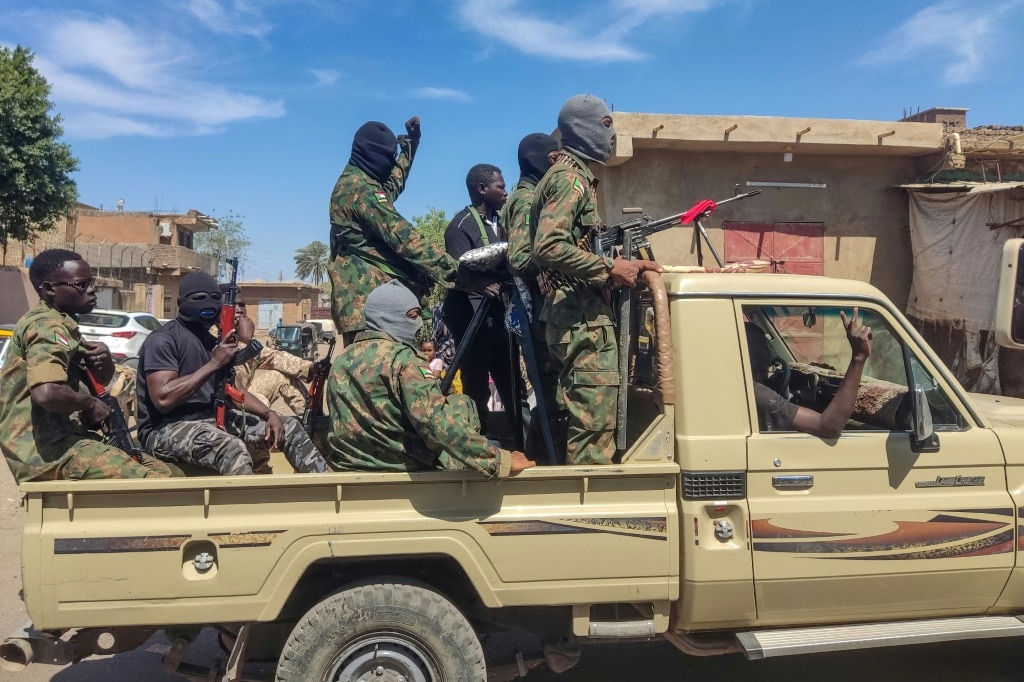‘Most dangerous period’: Ominous world prediction comes true
In June 2023, security experts made an ominous prediction about the world and, terrifyingly, it looks as though it’s coming true. Warning: Distressing.
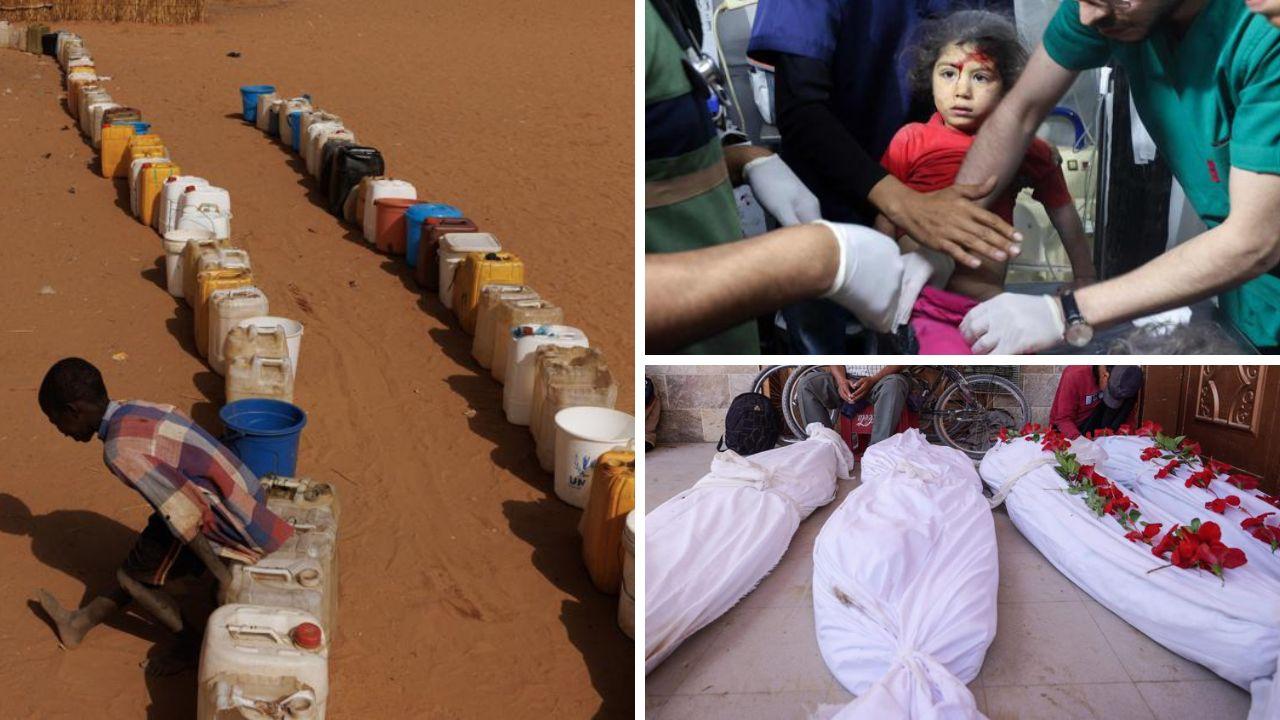
OPINION
As you read this, there are hundreds of thousands of children at risk of starving to death on the front lines of a brutal war.
You’re probably thinking, “I know, it’s all over the news”.
But I’m not talking about Gaza. This is happening in Sudan, where there’s been a 500 per cent increase in cases of killing, sexual violence, and recruitment into armed groups since the beginning of the war there a year ago.
I don’t write this to distract from the horrific situation in Gaza, where at least 13,900 children have been killed.
I write this because innocent children, who are always the most vulnerable in a crisis, are suffering deeply in both wars and in many other countries around the world.
It also fits a terrifying prediction made in June 2023 by a group of global security experts that we’re drifting into “one of the most dangerous periods in human history”.
I fear they may be right.
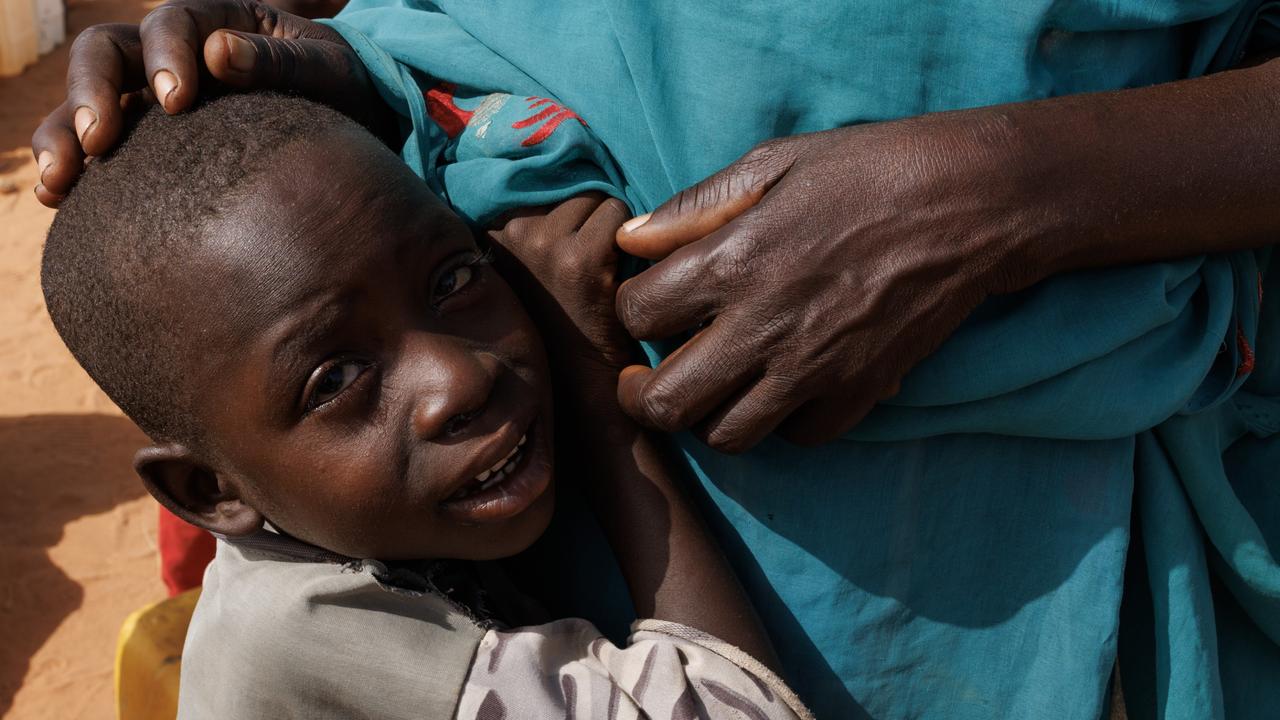
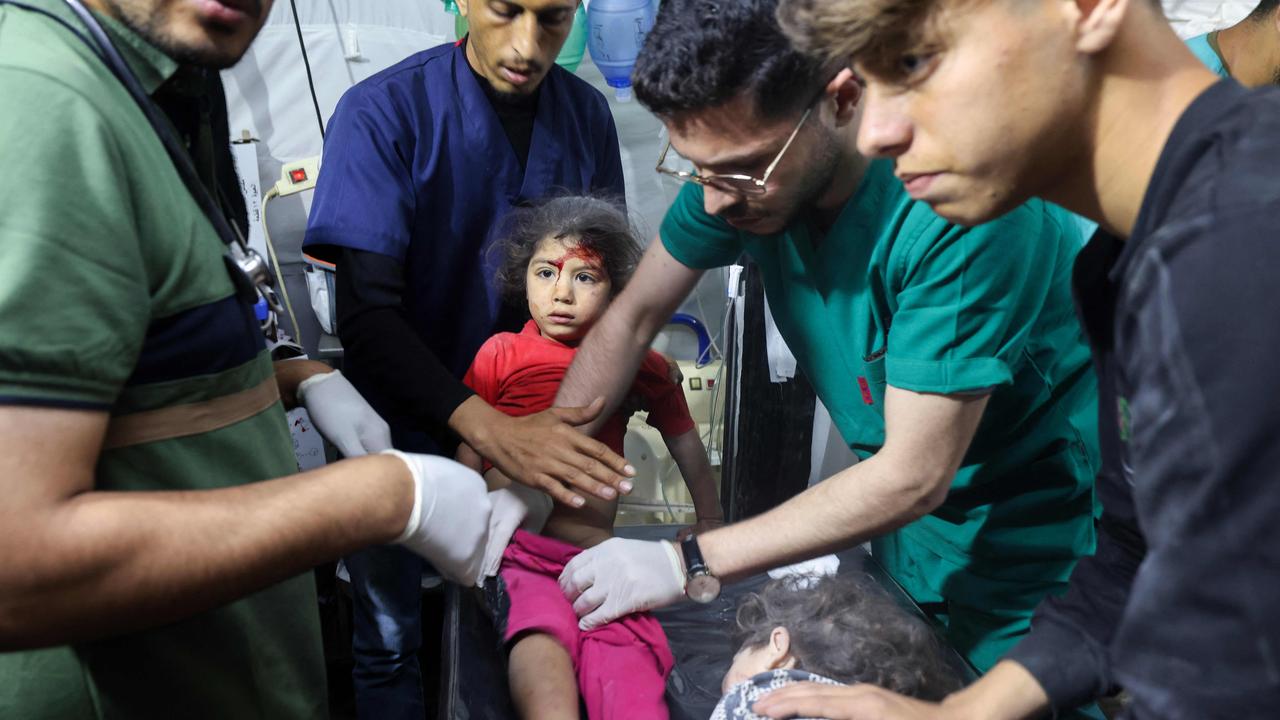
Save the Children has found that 230,000 children, pregnant women, and new mothers could die of hunger in Sudan in the coming months unless urgent, lifesaving funding is released. And in Gaza, almost 350,000 children under the age of five are at risk of starvation due to Israel’s deprivation of aid.
Meanwhile in Ukraine, the war has dragged into its third year and risks becoming a protracted conflict, as we’ve seen in places like Syria, Yemen, and the Democratic Republic of Congo, where entire generations of children now know little else but war and have been largely forgotten by the rest of the world.

And the global hunger crisis continues to stalk children on nearly every continent, with an average of 33 children born into hunger every minute in 2023.
As more children are born into hunger, others are dying from it, including in Gaza, Afghanistan, Somalia, and Yemen.
Then there is the climate crisis which, even in the face of so much terrible conflict, remains the gravest threat to children’s lives globally. A staggering one billion children – or about half the world’s children – are at extremely high risk from climate impacts.
While many of these crises are occurring far from Australian shores, that does not mean we can ignore them. Doing so risks allowing the world to slip further into disarray, which will have consequences for all children, including here in Australia.
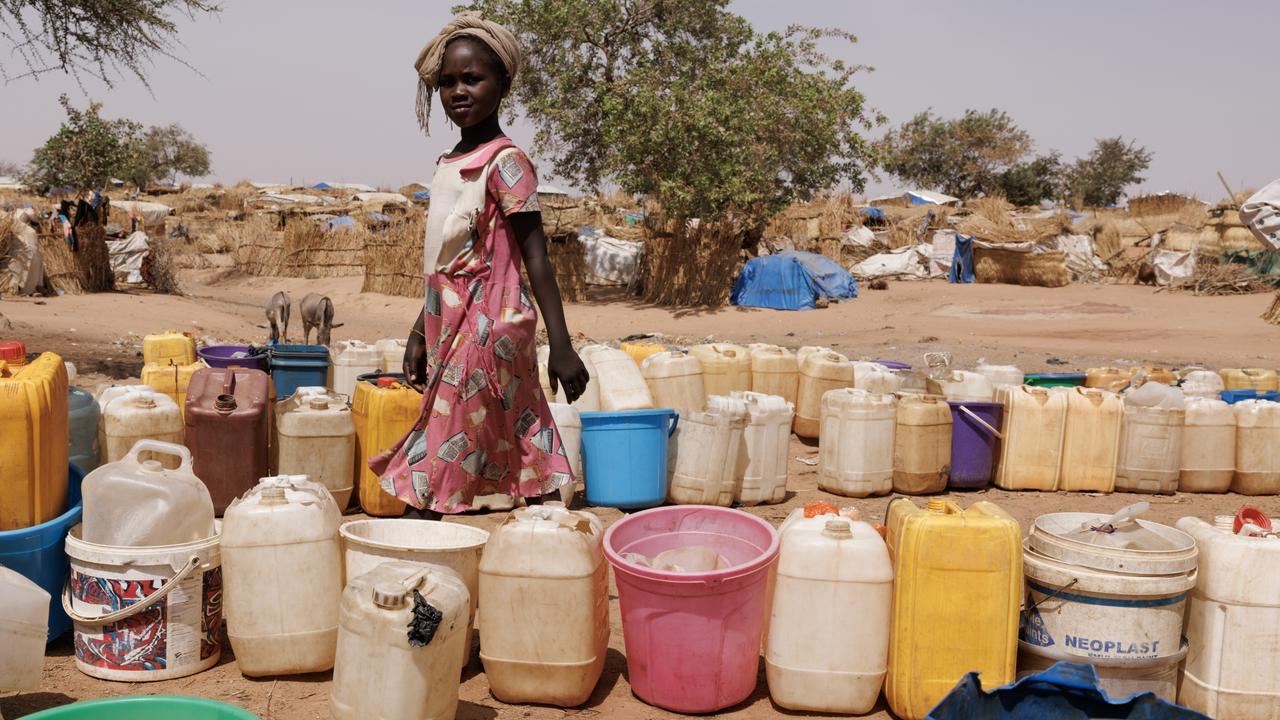
It is this worrying state of the world that prompted Save the Children and 27 other organisations to launch the Safer World for All Campaign, calling on leaders to take immediate action to put the world back on the path to progress, peace and prosperity.
To do our part, Australia must commit our fair share to foreign aid, lower emissions and invest in climate resilience, and uphold international law and the rules-based order.
Australia’s current foreign aid budget amounts to $4.7 billion. While it sounds like a lot, that’s just 0.19 per cent of our Gross National Income, well below the government’s target of 0.5 per cent, the internationally agreed aid-to-GNI target of 0.7 per cent, and well behind most other wealthy nations.
Just days ago, the government announced it will spend an extra $50 billion on defence over the next decade, with annual funding for defence to surpass $100 billion by 2034.
While out defence budget soars, the foreign aid budget is withering on the vine, despite investments in aid also greatly improving the global security situation.
Australia has made significant progress on climate in recent years, in particular legislating a 43 per cent emissions reduction target by 2030. But it’s hard to reconcile this intent when Australia continues to subsidise the expansion of fossil fuel industries that add carbon emissions and risk children’s futures.
And as the world becomes increasingly volatile, it’s important that Australia continues to support the functions of global institutions such as the United Nations, including the International Court of Justice.
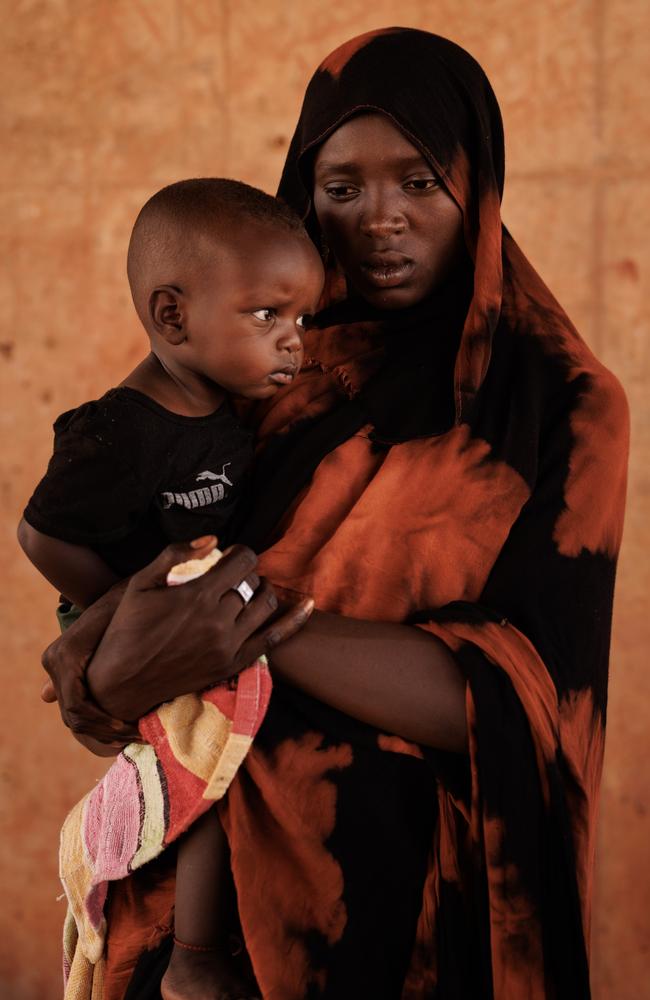
It’s through these systems that countries settle disputes, such as Vanuatu seeking an opinion on climate justice or South Africa accusing Israel of genocide in Gaza. Australia must apply pressure on all nations equally to follow court orders, adhere to international humanitarian law and to protect children.
There is perhaps no greater test to prove Australia’s commitment to these values than how it responds to the current war in Gaza, where there has been a litany of grave violations against children by Israeli forces and Palestinian armed groups.
Australia rightly joined international calls for a ceasefire in Gaza, including the release of hostages, and has called on Israel to allow adequate humanitarian aid into Gaza to prevent more children dying from hunger, but it can and must do more.
More Coverage
Similarly, one year of conflict in Sudan has led to the world’s biggest displacement crisis and left 14 million children in need of humanitarian support. The Australian Government has already provided $20 million in funding but that pales in comparison to the more than $150 million provided by partners such as Canada, the UK, and Germany. Australia should immediately contribute an additional $50 million to meet the skyrocketing needs in Sudan.
Through all the debate around Australia’s place in the global order, it is critical that this country lives its values on the world stage by advocating for children. We must do everything we can to give children hope that despite the deeply challenging world of today, there will be a fairer, safer world tomorrow.
Mat Tinkler is CEO for Save the Children Australia


